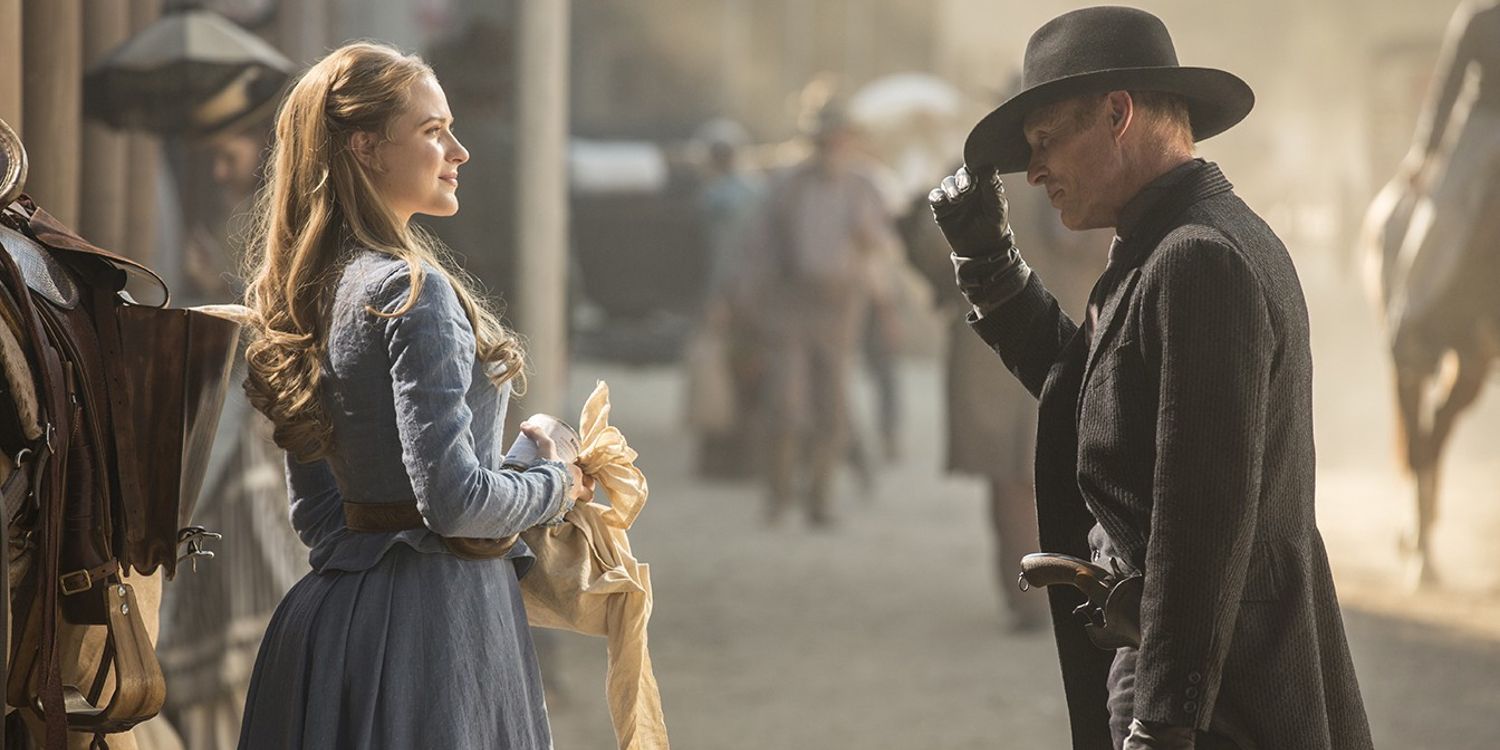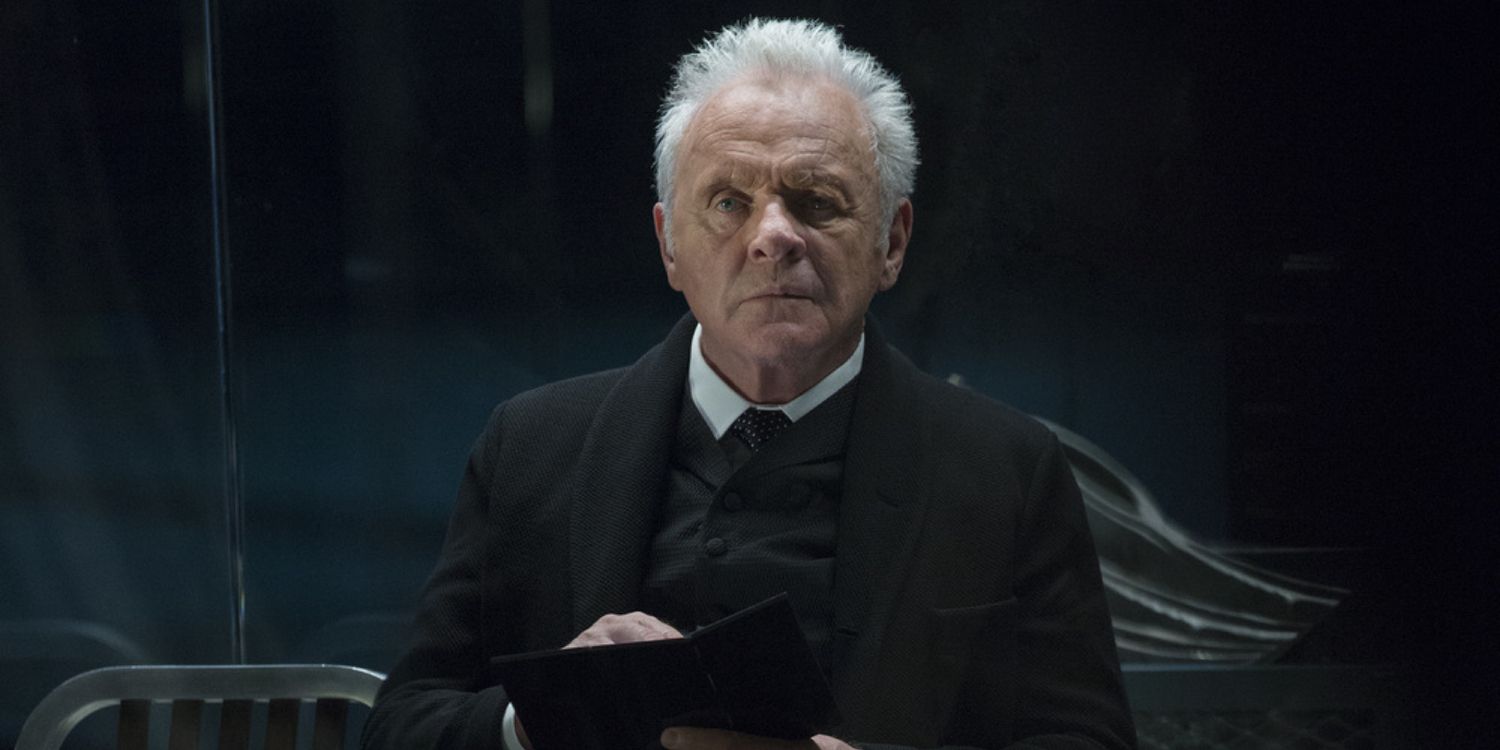HBO's Westworld may only be set in an American Old West-themed park in its first season, but the source material and sequel to Michael Crichton's 1973 original actually expanded further than that. The first Westworld movie also featured Medieval World and Roman World, two additional theme parks with the same concept as the movie's West World but with ancient Roman and medieval automaton "hosts" as opposed to American cowboys.
Crichton's Westworld also spawned a sequel, 1976's Futureworld, that did not go over as well with audiences or critics as the original. It expanded upon Roman World and Medieval World, in addition to featuring "Futureworld" as a simulated space station. HBO's Westworld will only stay within the western-themed park for the first season, but comments from a key staffer on the hit new show suggest that possible future seasons could feature the same kind of expansion that viewers saw in the original movies.
According to Inverse, who spoke with Westworld production designer Zack Grobler, the first season will not expand to any other settings. But if there are future seasons, the show is keeping open the possibility of exploring differently themed worlds, as the originals did with Roman World and Medieval World. Grobler said:
“For the first season, we only explore the West World. There’s talk about in the future seasons, if there’s more, that there will be a different world. But we’re not sure what it will be yet.”
Much of the plot of the original Westworld concerns the systemic issues with the automaton hosts originating in Roman World and Medieval World before eventually spreading like a virus to West World. That kind of dynamic would not exist on the new Westworld, with the first season being self-contained within the Old West-themed park, as it did in the original movie. It's unclear at this point whether a second season of Westworld would connect in any way to the first.
The new Westworld is off to a great start with strong reviews, plenty of mystery surrounding it, and the highest ratings of any HBO debut since True Detective in 2014. Barring a disastrous collapse as the first season progresses, it's safe to assume that it will survive for at least a second season. To introduce a fresh new setting that more resembles Ancient Rome or the Middle Ages would certainly add fresh dramatic intrigue and give the show more of an "anthology" feel. Those two settings would also open up new possibilities for unique themes and characters, considering the stark differences between those time periods and the Old West.
Expanding Westworld into uncharted territories would also pose its own set of risks. Creating whole new theme parks could mean all new characters, which could potentially require re-casting much of the series and possibly discarding characters that had grown in popularity in previous seasons. True Detective's superb first season was followed up with an entirely new story, setting, and cast in the second season, and ultimately fell short of expectations. But Westworld hasn't even secured a second season yet, so any ideas surrounding an expanded universe would be pure speculation at this point, anyway.
Westworld premiered on Oct. 2 and its second episode, titled "Chestnut," debuts Oct. 9 on HBO.
Source: Inverse


